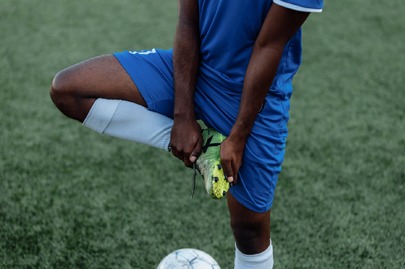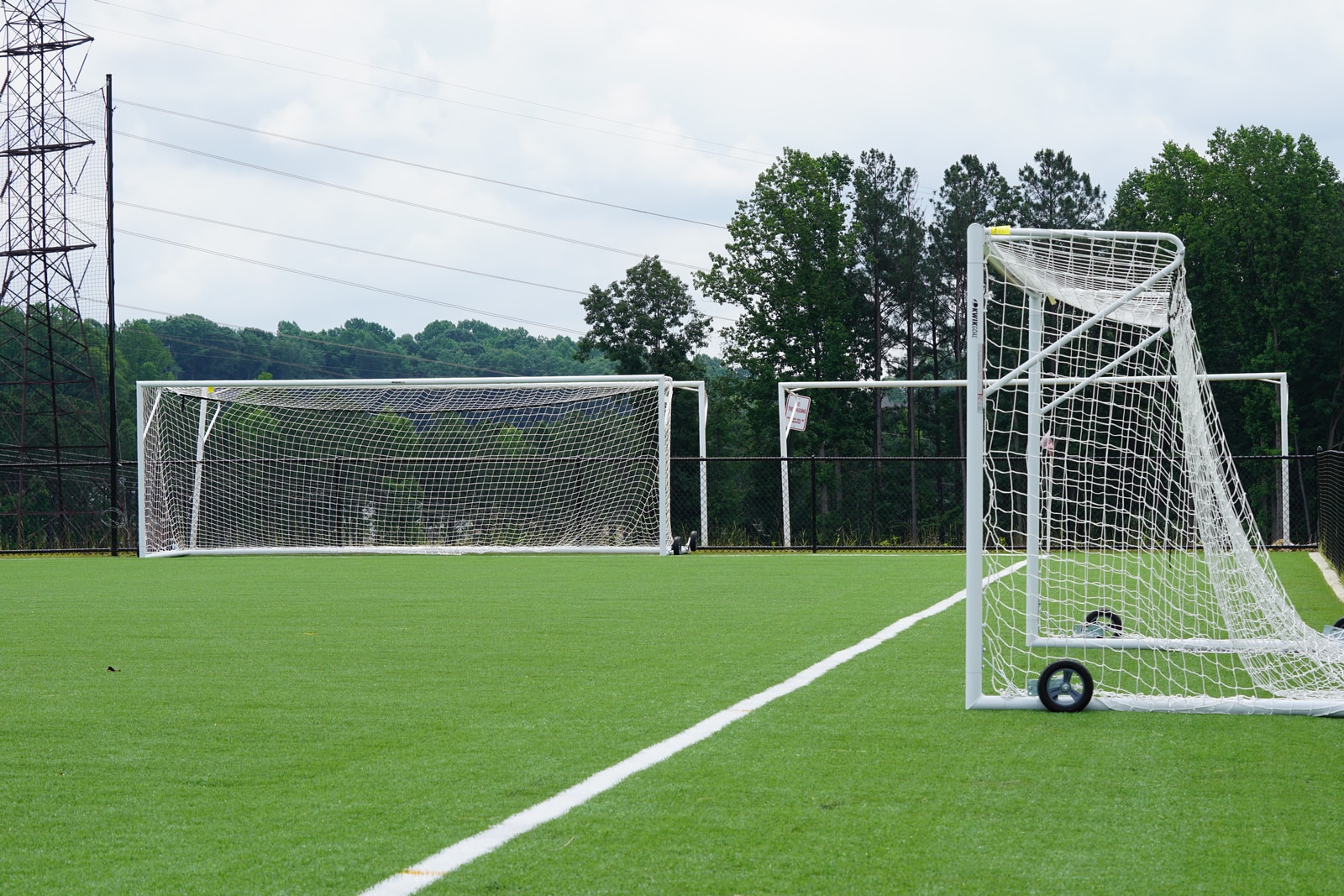COVID-19 has impacted the football industry globally. FIFA issued “COVID-19 Regulatory Issues” to deal with the pandemic’s impact on the football industry. Notwithstanding FIFA’s recommendations, the guidelines remain subject to the domestic laws of each association. In the U.S., the MLS took measures to deal with the pandemic; it suspended all league play on March 12.
The moratorium is expected to run through May 15, and all matches are suspended until at least June 8. Some issues during this critical time deal with players’ salaries and contracts. It has been reported, in discussions involving the league and the Player’s Association, that MLS players could face salary reductions of up to 50 percent if games are canceled, and if games are played with no fans, players will also be asked to take a cut.
These actions will certainly trigger key contractual and legal principles.
1) Termination of Contracts for Force Majeure – In the U.S., a force majeure clause is not implied under the common law and will only be triggered in contracts IF the parties have specifically agreed to. Fortunately, for the players, there is no “force majeure” clause in the Collective Bargaining Agreement (CBA) with the MLS that would give the league a right to reduce players’ wages due to COVID-19. However, the doctrines of “impossibility” and “frustration of purpose” may be used to end contracts when performance is no longer possible due to unforeseen events. Although this is seldomly used in employment law, it is possible for the courts to relax their standard of review due to COVID-19.
2) Unilateral Suspension or Modification of Player Contracts – an employer does not have carte blanche authority to make unilateral changes. If the terms of the employment agreement do not cover the changes, the employer is not allowed to make unilateral changes, and doing so will constitute breach of contract. COVID-19 has brought its unique set of challenges, and the MLS is not immune from it. Moving forward, future and current contracts will be modified to allow the MLS to have more power in dealing, and controlling its contractual obligations if another unforeseen event like COVID-19 occurs.





